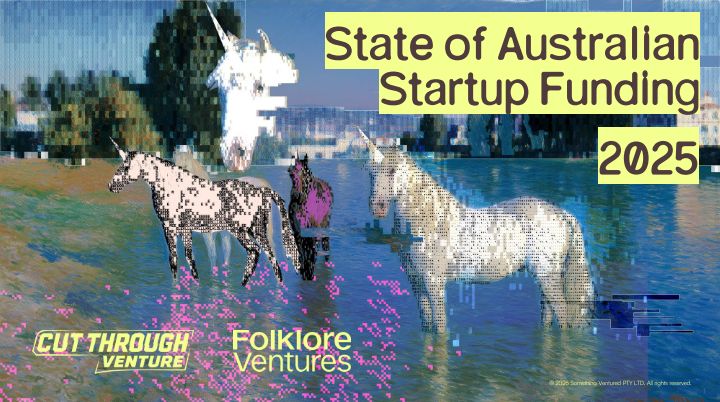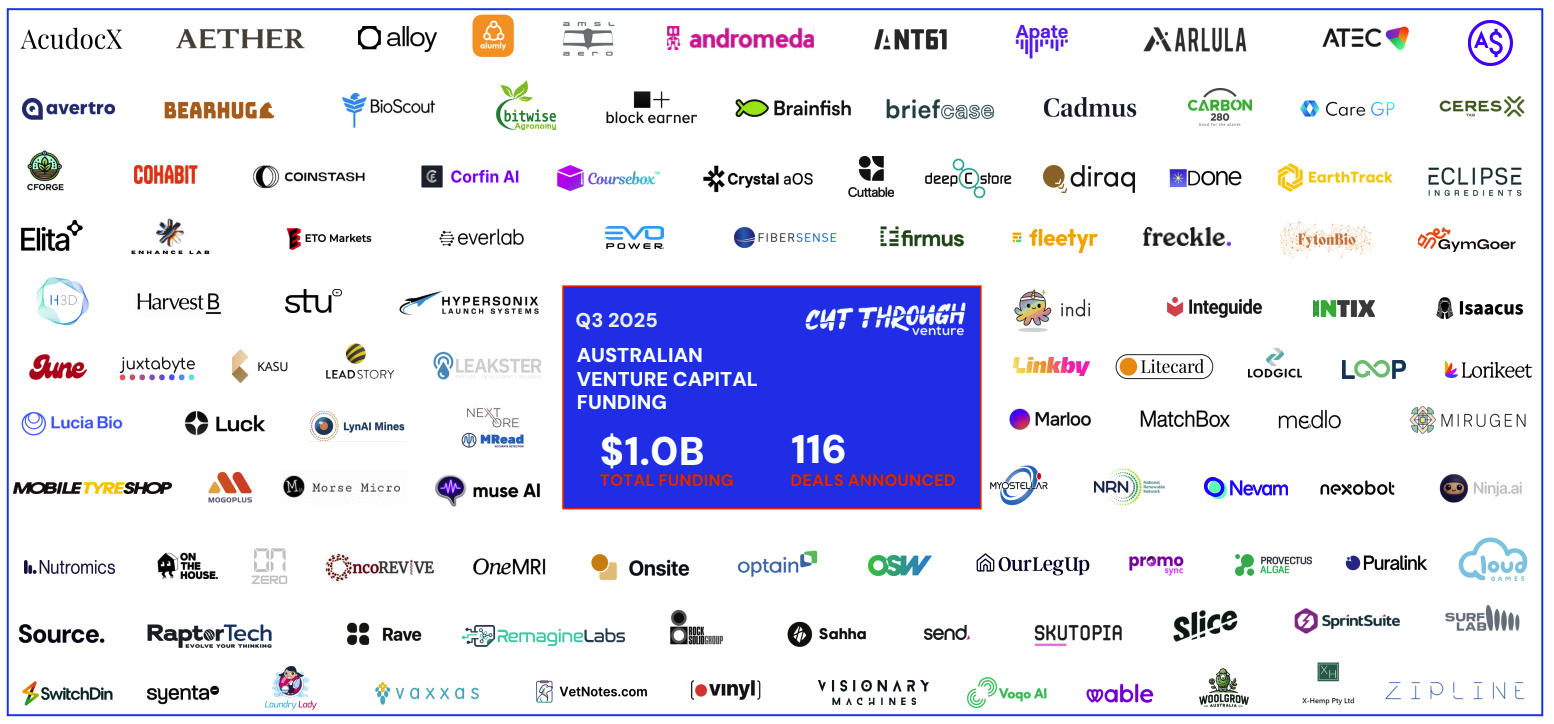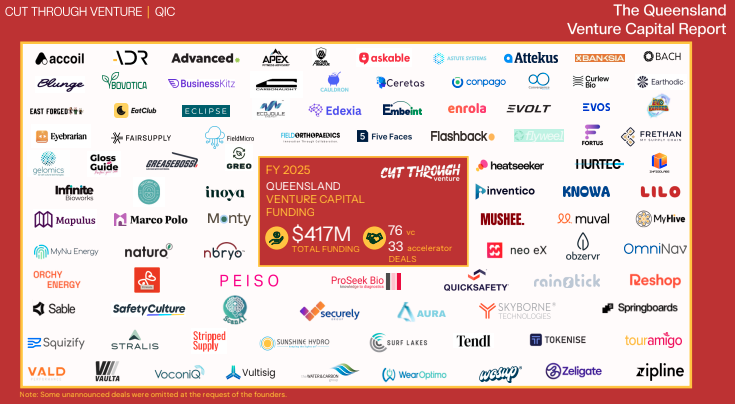Chris Dixon is an American internet entrepreneur and investor. He is a general partner at the venture capital firm Andreessen Horowitz, following a successful career at eBay and as co-founder and former CEO of Hunch.
Take a quick peek at the key points summarised below.
The Full Stack Approach
Notable examples of the full stack approach include Tesla, Warby Parker, Uber, Harry's, Nest, Buzzfeed, and Netflix. These companies have seen greater success than their partial stack predecessors due to the following advantages:
- Improved product experience: Full stack startups can achieve deep integration between software, hardware, design, and services.
- Bypassing cultural resistance: By creating their own platforms, full stack startups can avoid slow adoption rates in traditional industries.
- Favorable economics: Controlling the end customer allows full stack startups to capture a greater portion of the economic benefits they provide.
Challenges of the Full Stack Approach
The full stack approach comes with its own set of challenges:
- Diverse expertise required: Startups need to excel in various areas such as software, hardware, design, consumer marketing, supply chain management, sales, partnerships, and regulation.
- Difficulty for competitors: Successfully pulling off a full stack startup makes it harder for competitors to replicate the interlocking pieces.
The Future of Full Stack Startups
Dixon believes that we are still at the beginning of the full stack movement. Many large industries remain relatively untouched by the information technology revolution, but this is likely to change as startups continue to adopt the full stack approach, transforming industries and redefining customer experiences.





